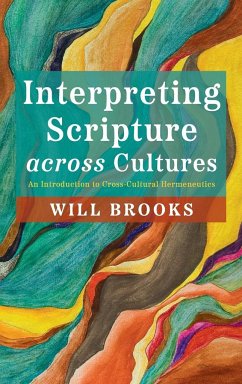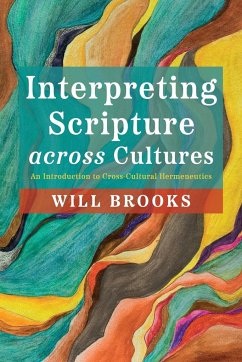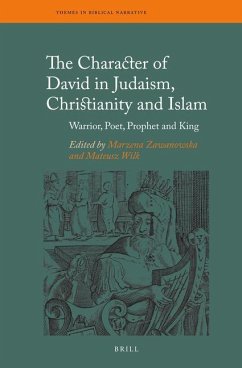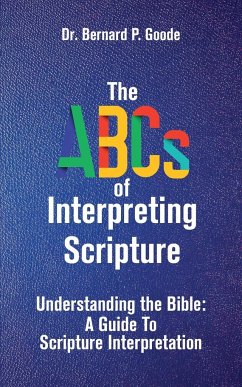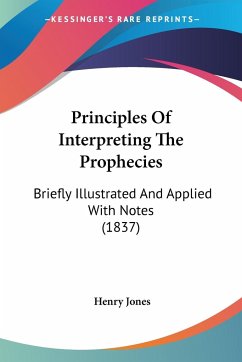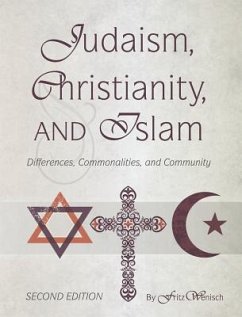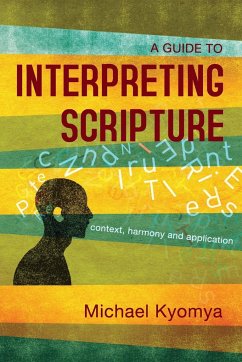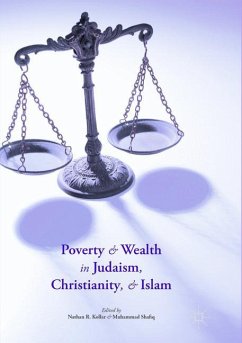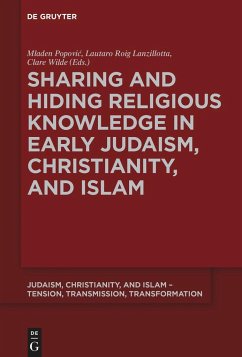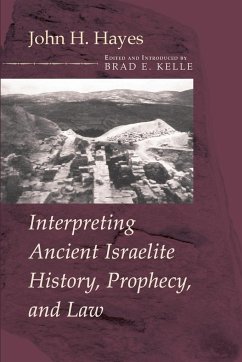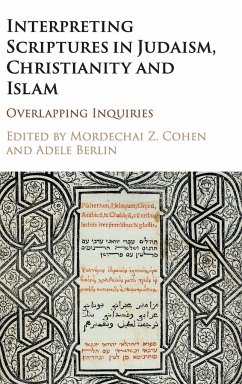
Interpreting Scriptures in Judaism, Christianity and Islam
Versandkostenfrei!
Versandfertig in 1-2 Wochen
131,99 €
inkl. MwSt.
Weitere Ausgaben:

PAYBACK Punkte
66 °P sammeln!
This comparative study traces Jewish, Christian, and Muslim scriptural interpretation from antiquity to modernity, with special emphasis on the pivotal medieval period. It focuses on three areas: responses in the different faith traditions to tensions created by the need to transplant scriptures into new cultural and linguistic contexts; changing conceptions of the literal sense and its importance vis-à-vis non-literal senses, such as the figurative, spiritual, and midrashic; and ways in which classical rhetoric and poetics informed - or were resisted in - interpretation. Concentrating on poi...
This comparative study traces Jewish, Christian, and Muslim scriptural interpretation from antiquity to modernity, with special emphasis on the pivotal medieval period. It focuses on three areas: responses in the different faith traditions to tensions created by the need to transplant scriptures into new cultural and linguistic contexts; changing conceptions of the literal sense and its importance vis-à-vis non-literal senses, such as the figurative, spiritual, and midrashic; and ways in which classical rhetoric and poetics informed - or were resisted in - interpretation. Concentrating on points of intersection, the authors bring to light previously hidden aspects of methods and approaches in Judaism, Christianity, and Islam. This volume opens new avenues for interdisciplinary analysis and will benefit scholars and students of biblical studies, religious studies, medieval studies, Islamic studies, Jewish studies, comparative religions, and theory of interpretation.





